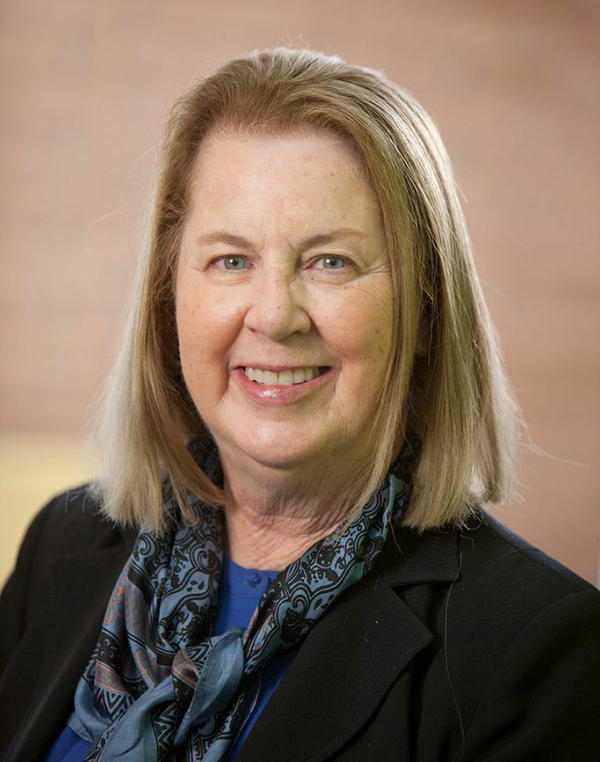Overview

Eileen Crimmins, Ph.D./ University of Southern California
Geroscience hypothesizes that all age-related health outcomes are linked to a set of biological processes that collectively produce health deterioration with age. Medical science has identified an increasingly wide array of risk factors for age-related health outcomes. Social science has long focused on differential aging—that is, aging that occurs at different rates for population subgroups, those exposed to adverse social conditions, or those with health behaviors that put them at risk.
Using insights from geroscience and medical science, Eileen Crimmins, Ph.D., discussed and clarified how the social environment affects biological processes to produce differential rates of aging. She did this by integrating biological measures at two levels—the molecular and cellular features included in the “hallmarks of aging” and risk factors identified at the biochemical or clinical level—into models assessing social differences in key health outcomes linked to age.
Despite advancements in genomics, misconceptions about groups persist, often rooted in genetic essentialism—the belief that traits and behaviors are primarily determined by genetics. This perspective overlooks environmental and social influences, reinforcing deterministic views on human differences.
Biography
Dr. Crimmins investigates how geroscience-based measures can help us understand accelerated and decelerated aging in large national populations. She is the AARP Chair in Gerontology and a University Professor at the Davis School of Gerontology, where she co-directs the National Institute on Aging (NIA)–supported USC/UCLA Center on Biodemography and Population Health. She also co-directs the NIA-sponsored Biomarker Network.
Dr. Crimmins is a member of the National Academy of Sciences and National Academy of Medicine and a fellow of the American Association for the Advancement of Science and the American Academy of Arts and Sciences. She is a Past President of the Population Association of America and a past chair of the Behavioral and Social Sciences Section of the Gerontological Society of America.
Dr. Crimmins has received the Robert W. Kleemeier Award for research from the Gerontological Society of America, the Matilda White Riley Distinguished Scholar Award from the Section on Aging and the Lifecourse of the American Sociological Society, and the Irene B. Taeuber Award for research from the Population Association of America.
Dr. Crimmins has been instrumental in introducing and promoting the collection of biological data in large national surveys of aging. She has helped develop data in the U.S. Health and Retirement Study, as well as the Survey of Health, Ageing, and Retirement in Europe; the China Health and Retirement Longitudinal Study; and studies in Indonesia, India, and other countries.








